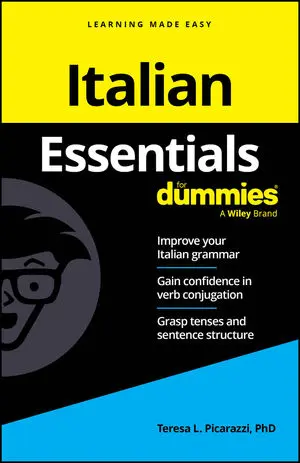When you are writing comparisons, you have to compare at least two things. Something has to be compared to something else otherwise it is not complete. That might sound confusing. But read this sentence. Can you tell what is wrong with it?
Octavia screamed more chillingly.
Maybe these hints will help:
Octavia screamed more chillingly. Uh oh, thought Max, yesterday I thought she would burst my eardrum. If she screamed more chillingly today, I’d better get my earplugs out before it’s time for tomorrow’s lungfest.
or
Octavia screamed more chillingly. Max, rushing to aid Carmen, whose scream of terror had turned his blood to ice, stopped dead. Octavia sounds even worse, he thought. I’d better go to her first.
or
Octavia screamed more chillingly. “Please,” said the director, “I know that you have just completed take 99 of this extremely taxing verbal exercise, but if you are going to star in my horror movie, you’ll have to put a little more into it. Try again!”
Now the problem is clear. The comparison in the examples is incomplete. Octavia screamed more chillingly than what? Until you finish the sentence, your readers are left with as many possibilities as they can imagine. Bottom line: Don’t stop explaining your comparison until you get your point across. Look at the following example:
Wrong: Octavia screamed more chillingly.
Right: Octavia screamed more chillingly than I did the day Lulu drove a truck over my toe.
Also right: Octavia screamed more chillingly than she ever had before, and Max resolved to come to her aid as soon as he had finished all five courses of his lunch.
Right again: Octavia screamed more chillingly than she had in the previous takes, but the director still decided to hire a different actress.
Here’s another comparison with a fatal error. Can you spot the problem?
Lulu loved sky-diving more than Lola.
Need another hint? Read on:
Lulu loved sky-diving more than Lola. Lola sobbed uncontrollably as she realized that Lulu, whom she had always considered her best friend, was on the way to the airport instead of on the way to Lola’s party. What a disappointment!
or
Lulu loved sky-diving more than Lola. Lola was fine for the first 409 jumps, but then her enthusiasm began to flag. Lulu, on the other hand, was climbing into the airplane eagerly, as if it were her first jump of the day and as if the rattle snake had not crawled into her parachute on the last landing.
See the problem? Lulu loved sky-diving more than Lola is incomplete. Your reader can understand the comparison in two different ways, as the two stories illustrate. The rule here is simple: Don’t omit words that are necessary to the meaning of the comparison.
Technically, so should be part of a pair — a comparison created with so and that. Lots of people use so alone as an expression of intensity:
Lulu’s last sky dive was so spectacular.
The preceding sentence is fine in conversational English. In formal English, however, so shouldn’t be alone. Finish the comparison, as in this sentence:
Lulu’s last sky dive was so spectacular that the pilot begged her to fly away with him.






